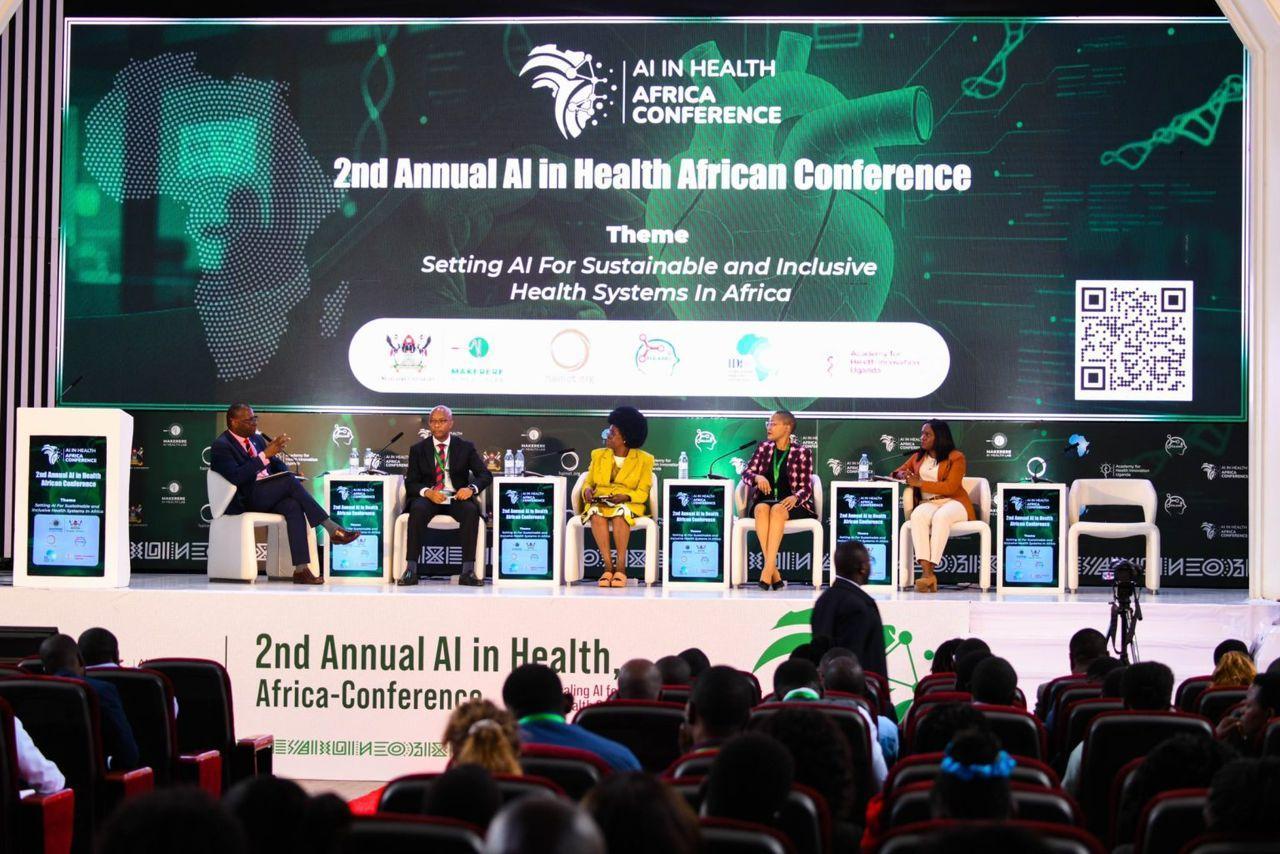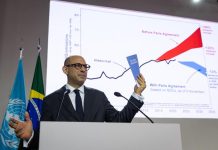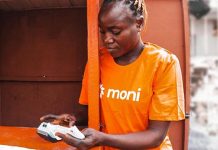Africa-Press – Eswatini. Scientists, innovators, and policymakers from across Africa converged at Makerere University for the second Annual AI in Health Africa Conference , an event that showcased groundbreaking artificial intelligence (AI) tools and solutions designed to make healthcare across the continent more sustainable, inclusive, and accessible.
Under the theme “Scaling AI for Sustainable and Inclusive Health Systems in Africa,” the conference highlighted a new wave of homegrown AI innovations, many of them developed at Makerere University’s AI Health Lab, that are already redefining healthcare delivery in low-resource settings.
Among the innovations showcased were Briskbot Assistant, an intelligent medical support platform; BriskMed, a diagnostic and patient-management system; Dawa Assist, a digital tool for medicine management and adherence; and the Sam Photo App, an ethical and scalable AI solution for child nutritional monitoring.
Other solutions included AI-Augmented Monitoring and Evaluation Systems, which use data-driven insights to strengthen public health systems; ICUConnect, a web-based dashboard that coordinates ICU bed referrals and forecasts bed demand in Kenyan public hospitals; and GeoAI and Spatial Machine Learning for Malaria Prediction in Uganda, which integrate environmental data to anticipate disease outbreaks.
A Makerere University statement shared on social media during the event noted that scientists have made significant headway in creating AI tools that facilitate the delivery of quality healthcare, underscoring the university’s role in driving innovation for public good.
In a thought-provoking address, Assoc. Prof. Janice Desire Busingye, Country Director at Astria Learning, urged academic and health institutions to act swiftly in integrating AI into teaching, research, and operations.
“Does the internet know you? What does it know about you? The risk is not the disruption of AI — the risk is institutional irrelevance. We must adopt AI and fundamentally reimagine and re-engineer our educational systems now. The students we are training are already using this technology extensively, while our current policies and approaches are lagging dangerously behind,” she asked participants.
Rose Nakasikiire of the Makerere AI Health Lab emphasized that innovation must be a collaborative effort to make lasting impact.
“No one should innovate alone. To truly impact African healthcare, we must break silos and collaborate. Together, stakeholders can build an AI-powered future that benefits the Global South,” she said.
Nakasikiire also called for the localization of AI tools to reflect Africa’s unique realities.
“It’s not just about the tech — it’s about contextualizing AI to fit our unique cultures and systems. Let’s tailor solutions like telehealth and diagnostics to serve remote patients and reduce diagnosis times.”
Bruce Kirenga, a leading researcher at Makerere University, highlighted the need to embed AI within medical education to prepare future health professionals.
“AI won’t replace doctors, but doctors who understand AI will replace those who don’t. We must integrate AI into curricula—from admissions to robotics—so that our medical graduates can compete on the global stage,” he said.
Echoing his sentiments, Godliver Okello underscored the importance of capacity building among healthcare workers.
“Health practitioners are still hesitant to adopt AI tools. We need to build their confidence and skills—not to replace them, but to simplify their work,” she said.
Bringing an international perspective, Mahesh Shakya from NAAMII Nepal shared insights from Asia’s experience in building sustainable AI ecosystems.
“We are dedicated to fostering innovation through startups and by assisting companies to establish AI teams. Our goal is to transform research into globally applicable products that address challenges like shortages of experts and equipment in low-resource health settings,” Shakya said.
He cited NAAMII’s work on smartphone-based microscopes and AI-assisted cervical cancer screening as cost-effective, life-saving examples of AI in action.
“We build a strong educational foundation in AI and science, and run outreach programs to train everyone—from children to policymakers—to prepare for a digital world,” he said.
Amref Health Africa in Uganda, a key conference partner, commended the progress made but highlighted the need for stronger financial investment to scale AI innovations.
“The innovations and progress made toward setting AI for sustainable and inclusive health systems in Africa are commendable. However, without adequate financing, these solutions may remain pilot projects rather than transformative systems,” said an Amref representative.
The AI in Health Africa Conference 2025 has solidified Makerere University’s position as a continental hub for AI-driven health innovation. From predictive malaria mapping to AI-assisted diagnostics, the showcased projects demonstrate Africa’s readiness to lead in developing technology tailored to its own realities.
“Africa is not just catching up. We are building the future of healthcare innovation — for us, by us,” he said.
For More News And Analysis About Eswatini Follow Africa-Press







